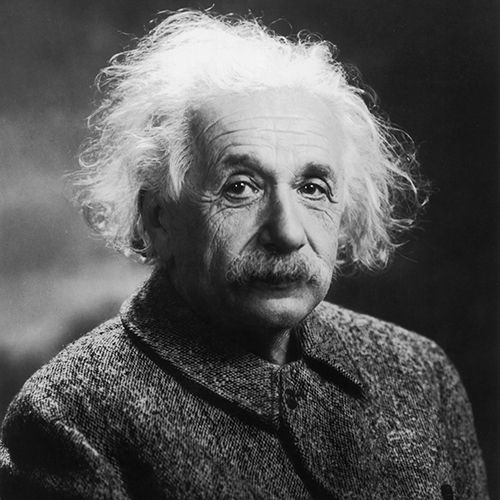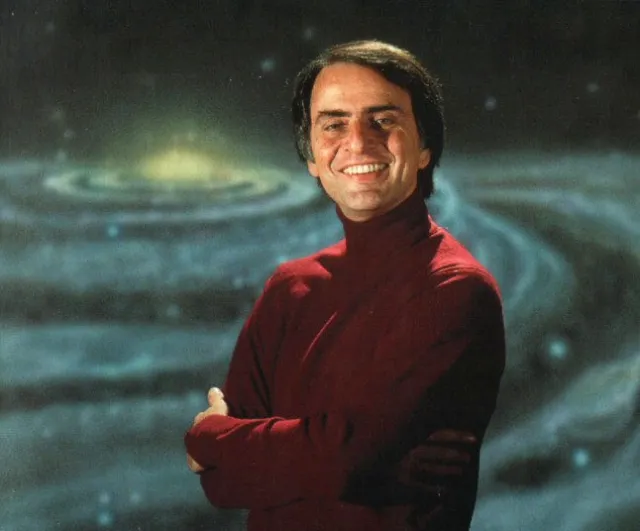Science Impact
The impact of this curriculum design will lead to children feeling confident in their own progress over time, across key stages. Children will therefore be expected to leave our Federation reaching at least age related expectations for Science. Through various workshops, trips and interactions with experts our Science curriculum will lead pupils to be enthusiastic science learners and understand that science has changed our lives and that it is vital to the world’s future prosperity. We want to empower our children so they understand they have the capability to change the world through the understanding and application science. This is evidenced in a range of ways, including pupil voice, their work and their overwhelming enjoyment for science.


